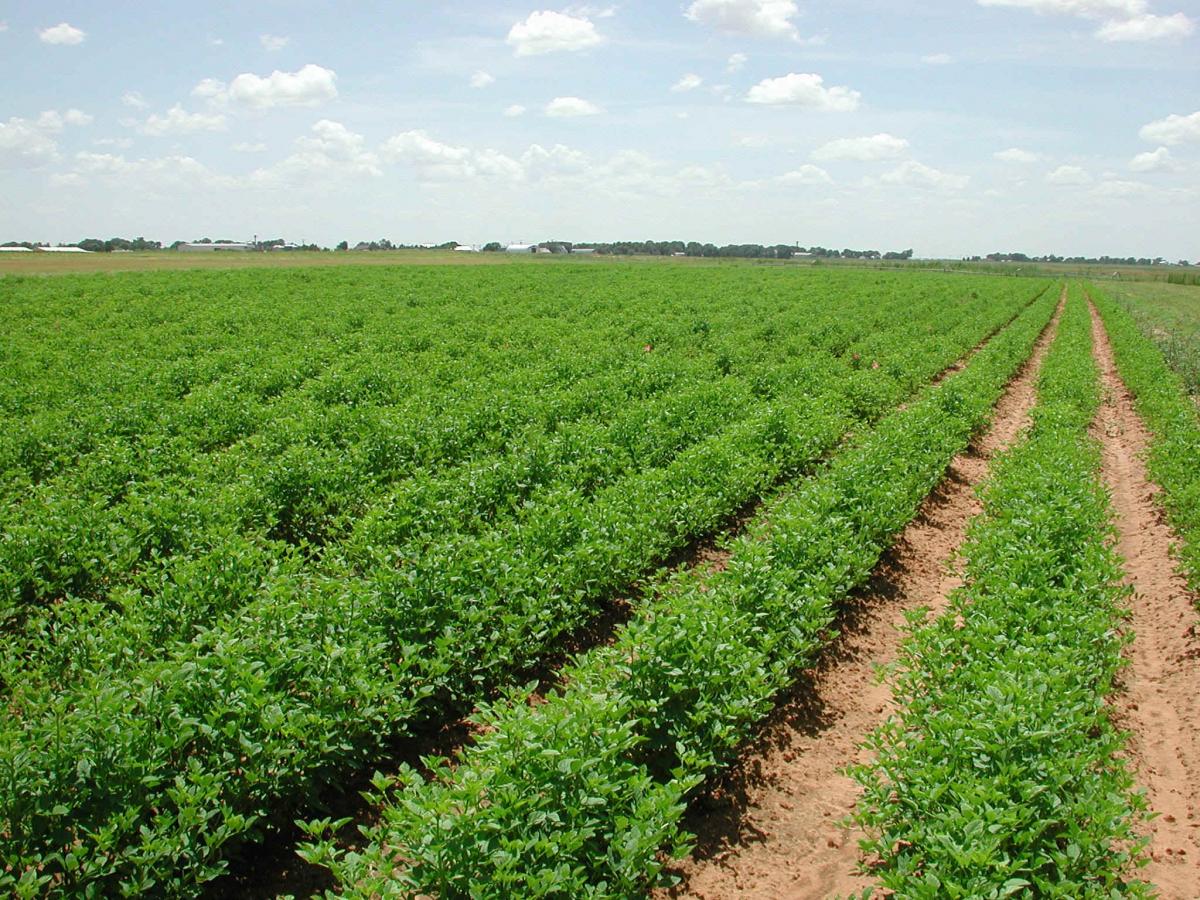NUR-SULTAN – By the end of 2020, Kazakhstan had climbed up to 32nd place of 113 in terms of food security, having improved its position by 16 points compared to 2019, according to the ninth annual Global Food Security Index released by The Economist Intelligence Unit and supported by Corteva Agriscience.

Kazakhstan possess abundant natural resources that allows the country to put focus on its agriculture.
According to the Economist Intelligence Unit, Kazakhstan has become the country with the most significant positive dynamics in terms of improving its relative position in the 2020 ranking.
Positive dynamics were noted in the accessibility of the population to food products, the quality and safety of food products, and the availability of food.
In the list of factors that ensured positive dynamics, the Economist Intelligence Unit notes the sustainability and stability of production in the agro-industrial complex, the availability of social programs to ensure food security, a low share of the population below the poverty line, market accessibility, and the availability of financial services in the agro-industrial sector, availability of supply on the market, affordability of micronutrients, protein quality, food safety, low import tariffs on food products, production and distribution losses.
Improvement was also noted in key indicators such as agricultural infrastructure and scientific research in the agro-industrial sector.
“The GFSI considers food security in the context of income and economic inequality, gender inequality, and environmental and natural resources inequality – calling attention to systemic gaps and most recently how COVID-19 exacerbates their impact on food systems. Based on these findings, global food security has decreased for the second year in a row,” said Corteva Agriscience in its press release.
In this year’s report, the analysts also included Natural Resources and Resilience as a fourth category that “reveals food systems’ resiliency against climate change and underscores the importance of climate-risk management and its link to food security.”
New technologies and ensuring sustainable farming can help the industry address the current challenges, according to the report.
